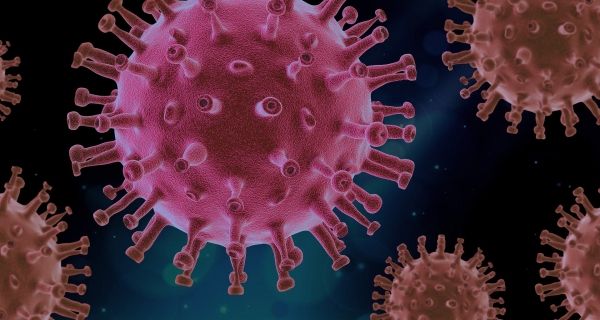We know that the coronavirus behind the COVID-19 crisis lived harmlessly in bats and other wildlife before it jumped the species barrier and spilled over to humans.
Now, researchers at Duke University have identified a number of “silent” mutations in the roughly 30,000 letters of the virus’s genetic code that helped it thrive once it made the leap -- and possibly helped set the stage for the global pandemic. The subtle changes involved how the virus folded its RNA molecules within human cells.
For the study, published Oct. 16 in the journal PeerJ, the researchers used statistical methods they developed to identify adaptive changes that arose in the SARS-CoV-2 genome in humans, but not in closely related coronaviruses found in bats and pangolins.
Read more at: Duke University
Photo Credit: PIRO4D via Pixabay


